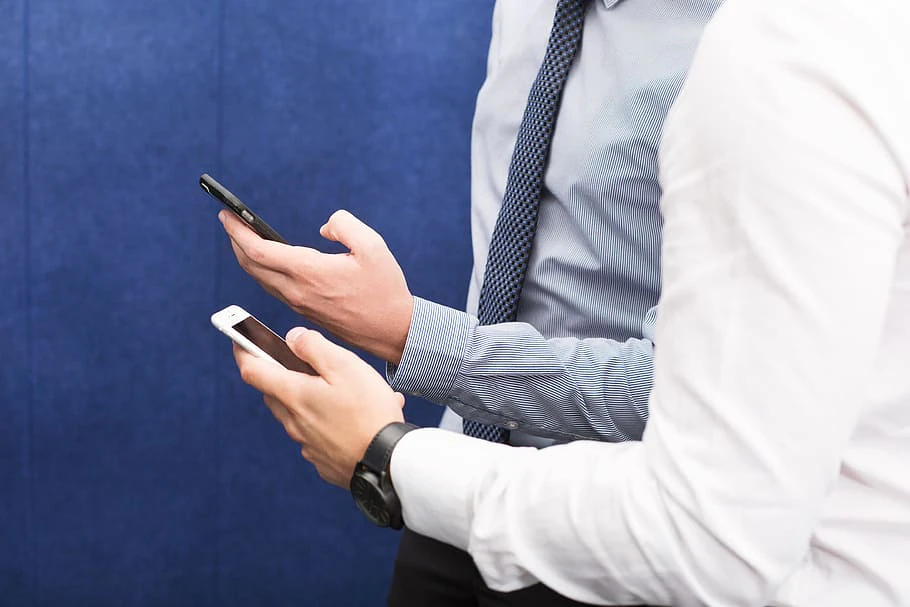The more apps and personal accounts you use on your work phone, the greater the number of potential entry points you create for cyber threats such as malware or phishing attacks. Even applications that appear completely harmless can be a risk if they have inadequate security measures or if they demand excessive permissions.
Cookies, permissions and terms & conditions
When using your work phone for private matters and private apps, you’re often agreeing to cookies, permissions, and terms & conditions that may:
-
Track what you do and where you go
-
Access files, location, contacts, or the microphone
-
Send data to unknown third parties
This can unintentionally expose company data or break internal policies. To make safer decisions, follow the Junglemap STAR method:
-
Stop: Don’t rush through pop-ups or permissions
-
Think: What exactly is being requested? Is this necessary?
-
Ask: Is this tool approved for work use?
-
React: Adjust settings, ask for help, or say no if you're unsure.
Your privacy isn’t guaranteed
Work phones are managed by your employer. As such, they may be monitored, backed up, and can often be wiped remotely.
This means any personal photos, accounts, or messages on it could be gone too – with no warning.
By the end of the day: Even if it’s allowed, try to keep private use off your work phone to protect your privacy and your organisation’s data. It is therefore a good idea to store photos and other private data on your own cloud accounts.
New: lessons on private use of work phones
We now offer lessons in how to handle a work phone for private matters – a perfect complement for the flexible workdays of summer.
With many working remotely or alternating between vacation and work, it’s a great time to boost security awareness. Our new extra lessons are now available – contact us to learn more!
 Per Lagerström
Per Lagerström